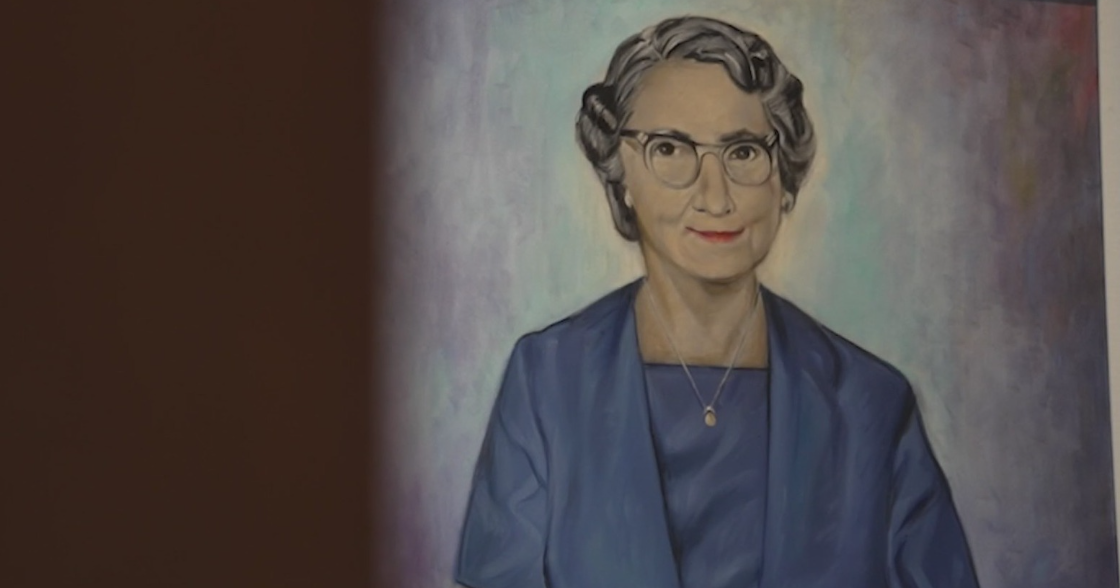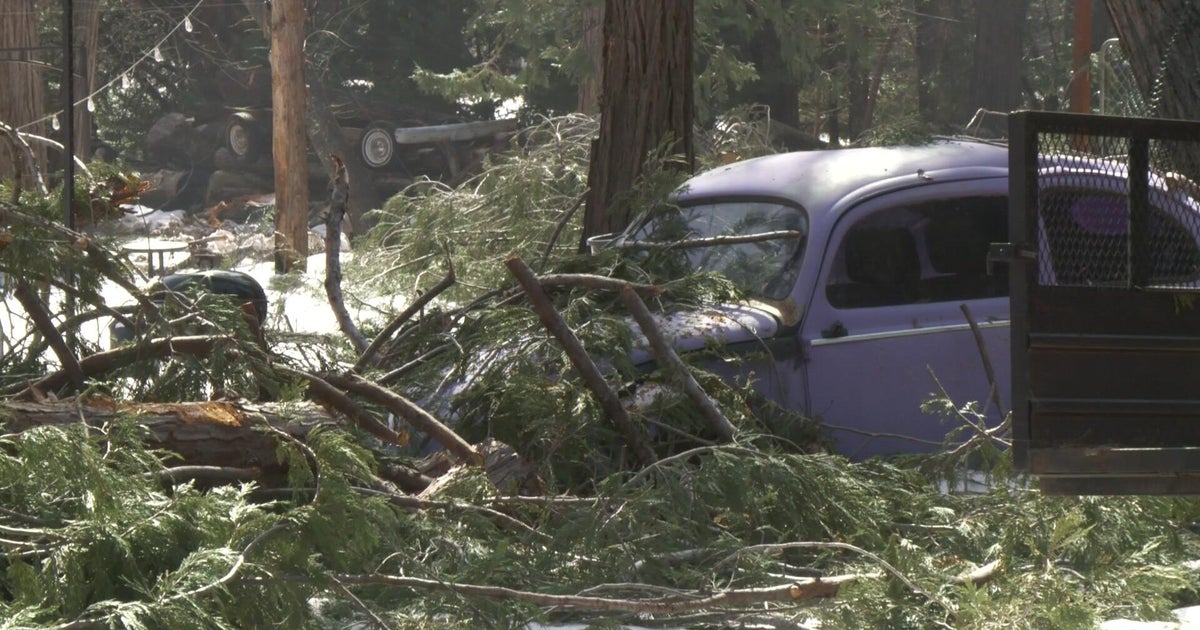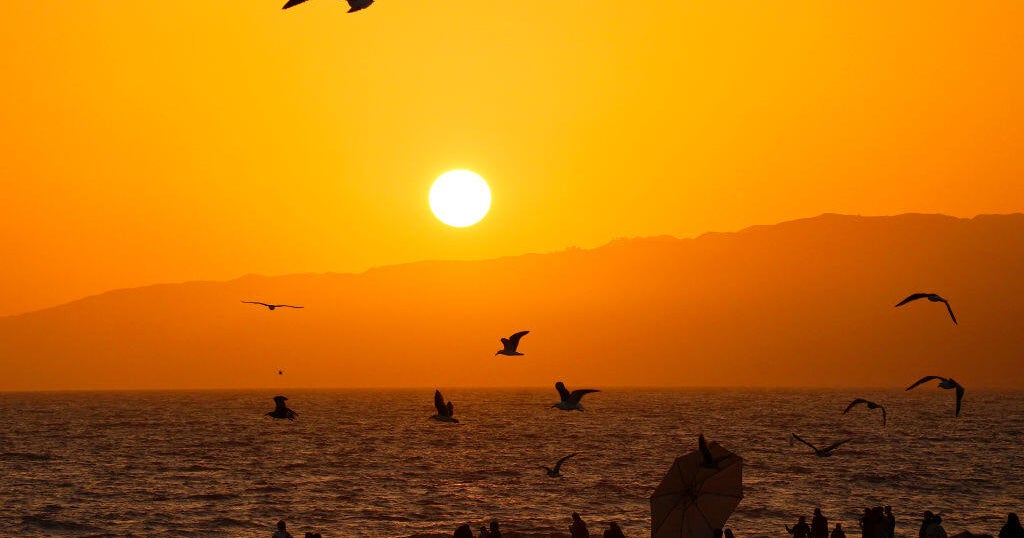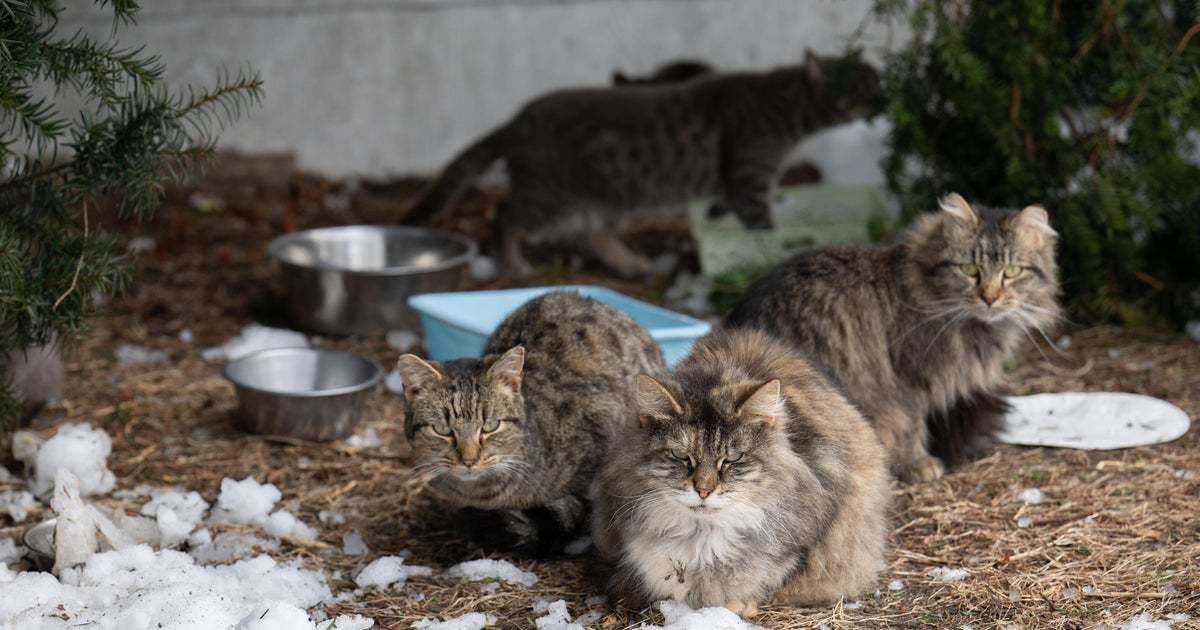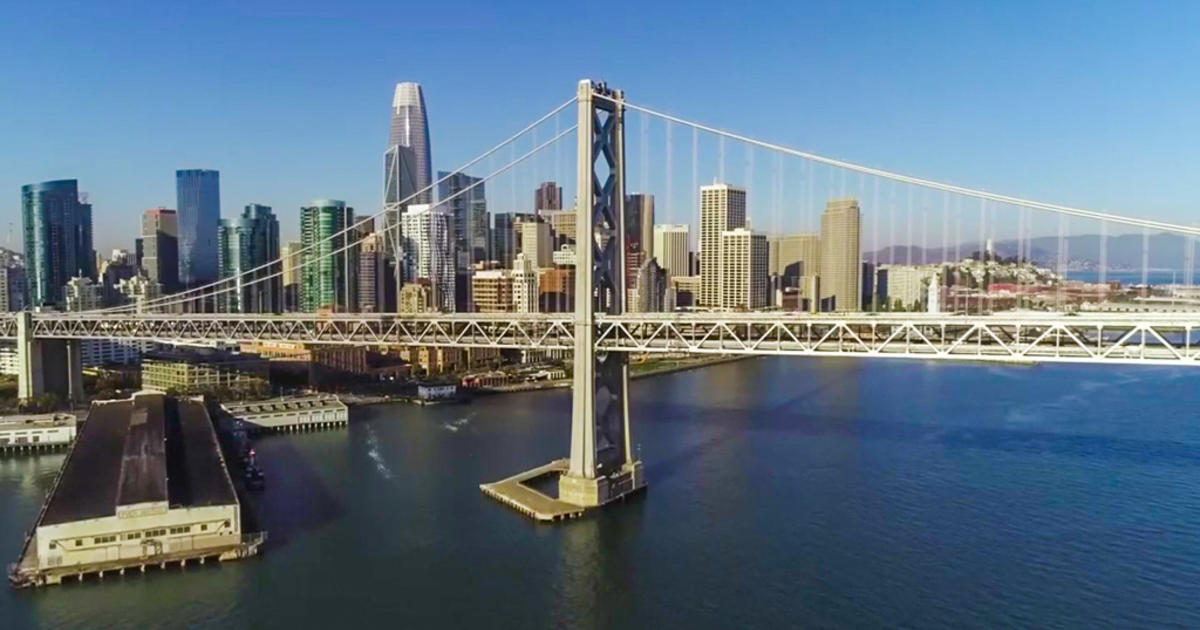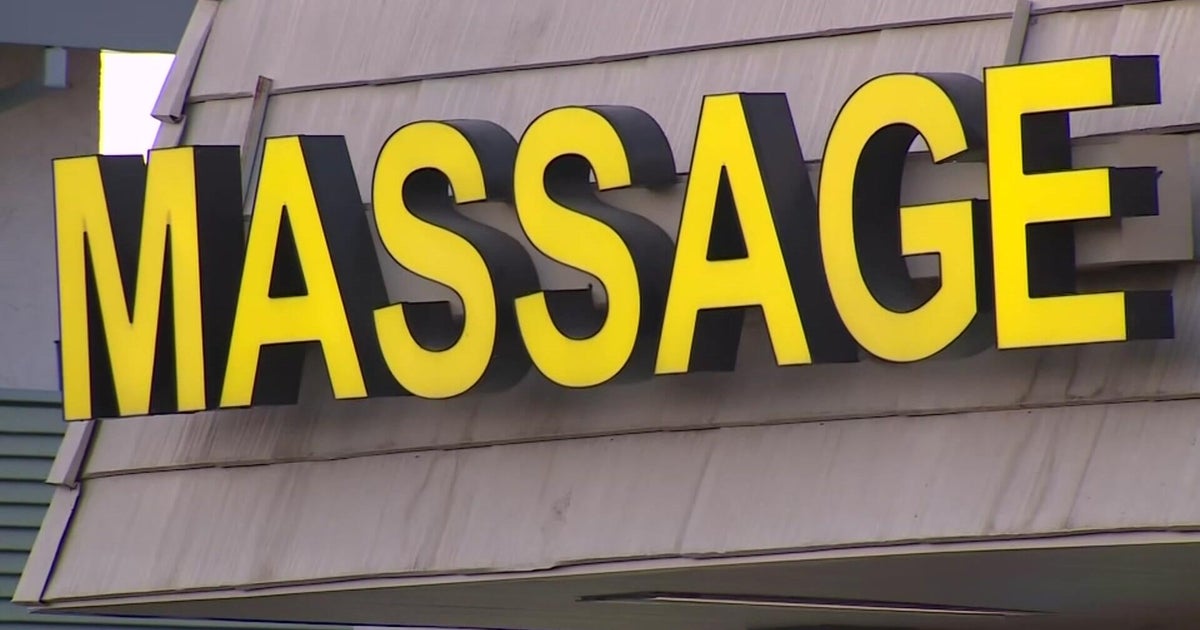Foundation says more trees needed for those stuck on Dallas' urban heat island
DALLAS (CBSNewsTexas.com) - This Texas heat refuses to let up this week as triple-digit temperatures continue to sizzle.
For anyone who has to go outside, experts urge them to find ways to remain in the shade. But if they are in the middle of a big city like Dallas, they may feel a little bit warmer due to what's known as the "urban heat island."
The term refers to a place in the middle of a city that has concrete, asphalt, roads, buildings without many trees to offset the sun's rays. This creates a hotter micro-climate compared to more rural areas.
Groups such as the Texas Trees Foundation are trying to change that.
The organization told CBS News Texas surface temperatures can vary 30-40 degrees below a tree with shade compared to hot asphalt because surfaces are absorbing heat all day long that stay warm and radiating heat at nighttime, whereas in areas where there's trees that's not the case.
"Trees help cool areas by shading, they transpire the evapotranspiration that they utilize, it's kind of like a swamp cooler, and so it cools temperatures around those trees and then also the carbon sequestration which is absorbing carbon from the atmosphere in different tree parts those are absorbed and that shows that it cools down temperatures as well," said Rachel McGregor, Urban Forestry Manager, Texas Trees Foundation.
The foundation said Dallas is the 7th hottest city in the country. They did a study several years ago, which determined the UT Southwestern Medical District and areas where there are school campuses are the hottest since there isn't a lot of tree canopy cover.
Currently Dallas has a tree canopy of 32% equaling over 14 million trees, the goal during the next several years is to get that to 37%. And they're working with the city to get that accomplished.
But it's not just as easy as planting more trees because for cities it can cost a lot of money as the first two years of a tree's life need constant watering and care—and staffing crews to check on the trees. Also the lifespan of a tree in an urban area is much shorter than in rural areas, however TTF urges there's no better time than now for cities to start doing this.
"There's a definite concern with the cities getting even hotter, I mean it is projected that they're going to get hotter so we need to start putting policies in place now, we need to start expanding budgets and capacity to maintain these trees over years to come," added McGregor.
Adding trees can also help some people with medical conditions like asthma according to McGregor and when more trees are planted along streets, it reduces the speed of cars.
The city of Dallas announced this week they are collaborating with NOAA to map heat island areas in the city.
And asking volunteers to drive routes to record temperatures on August 5th.
Click here for more information.

